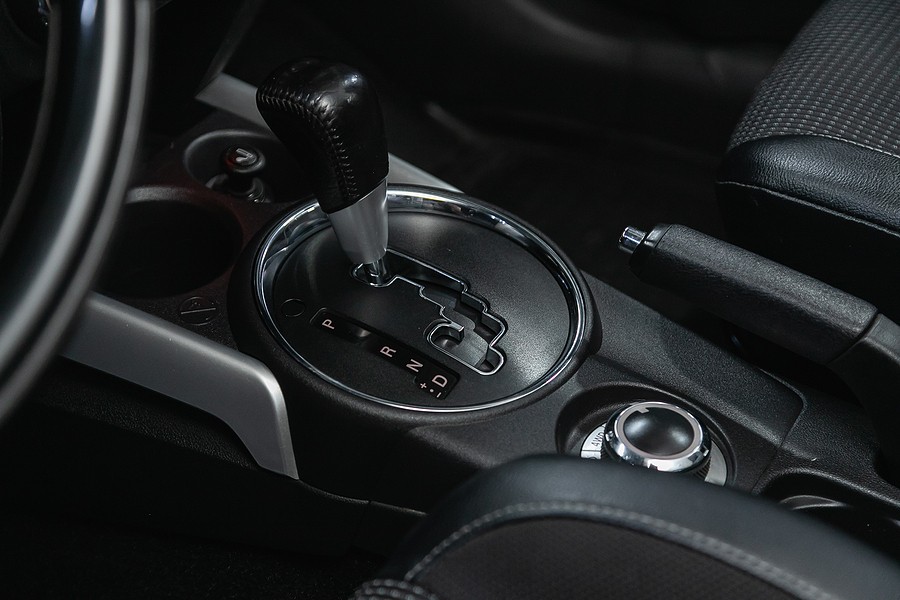If you're complaining, “My car is not going into reverse!” The problem is most likely related to one of the following issues:
- Transmission fluid issues
- Transmission linkage misalignment
- Clutch problems (manual transmission)
- Clutch hydraulic issues (manual transmission)
- Transmission filter clog
- Torque converter problems
- Worn transmission gears
- Damaged reverse band
- Electrical problems
- Internal transmission failure
Your transmission is one of the most significant components in your vehicle. It has to work all the time. Otherwise, you won't be able to drive your car. Unfortunately, dealing with present problems can happen at any time during the lifetime of your car, especially if your vehicle is known for these issues.
One of the most common complaints we keep receiving from our readers is when they say, “My car's not going into reverse!” This can be a critical situation that might lead to safety issues, especially if you're driving or parking in a tight area where you have to reverse to get back to the road.
The good news is that automotive experts put together intensive research to identify the potential culprits behind reversing, especially if your car can't go into reverse.
This article highlights the ten most common causes of situations where your car is not going in reverse. It also provides you with some recommended solutions and potential repair costs.
My car is not going in reverse; what could be wrong?
When your car doesn't go in reverse, there could be a lot of problems with links to the transmission. These problems can be attributed to many components, and identifying the most common ones helps you narrow down the list and save time and effort trying to figure out what could be wrong.
The list below highlights the ten most common causes behind situations where your car is not going in reverse. Let's take a closer look:
1- Transmission fluid issues
The first and most common reason your car will not reverse is when you have fluid issues in your transmission.
The transmission fluid must be in the right quantity and quality, and if any potential leaks or contaminations impact this fluid, it affects its functionality. Therefore, your vehicle might not be able to switch gears at all.
2- Transmission linkage misalignment
If you confirm that you have sufficient transmission fluids and are in good health, the next step is to check the transmission linkage alignment.
Sometimes, if there is some damage or issues in the linkage between the transmission and the different gears, it can be hard to switch gears, including putting your vehicle in reverse.
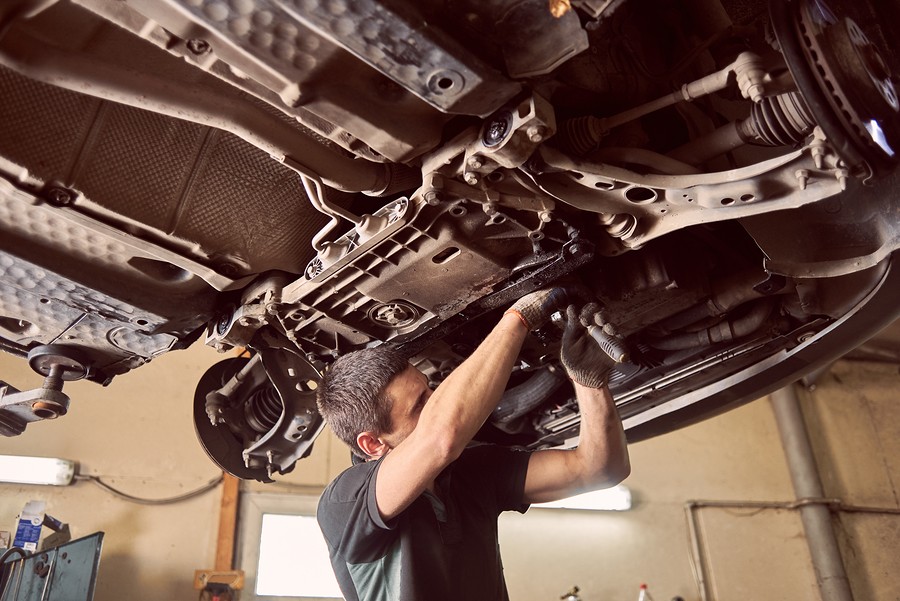
3- Clutch problems (manual transmission)
If you confirm that the linkage is in good shape, the next step is to check on the clutch. This issue concerns those driving a vehicle equipped with a manual transmission.
If the clutch is malfunctioning and reaching the end of its lifetime, it could be very hard for you to put your car in gears. Therefore, you'll complain that my car is not going in reverse!
4- Clutch hydraulic issues (manual transmission)
Another problem linked to the vehicles equipped with manual transmissions could be related to the clutch hydraulic issues. In other words, it might be that the clutch is in good health, but the problem is more related to how the hydraulics function within this transmission.
In that case, it's unsurprising to deal with situations where your car is not going in reverse, which can be a significant and critical situation that might impact your safety.

5- Transmission filter clog
In addition to the previously mentioned problems, another simple issue, such as a clogged filter, can impact your vehicle behavior and prevent it from going in reverse.
That's why automotive experts typically recommend that you check on the filter continuously and confirm that the transmission fluid is in good health and is not collecting a lot of debris and contaminants that might clog the filter.
6- Torque converter problems
If you confirm that the filter is in good shape, the next step is to check on other components that are not necessarily related to that transmission itself. In other words, a torque converter can easily prevent your car from going into reverse.
That's why you must confirm with your mechanic if it's related to the converter because it can be a pricing repair, and replacing the torque converter is not a simple job you can do on your own.
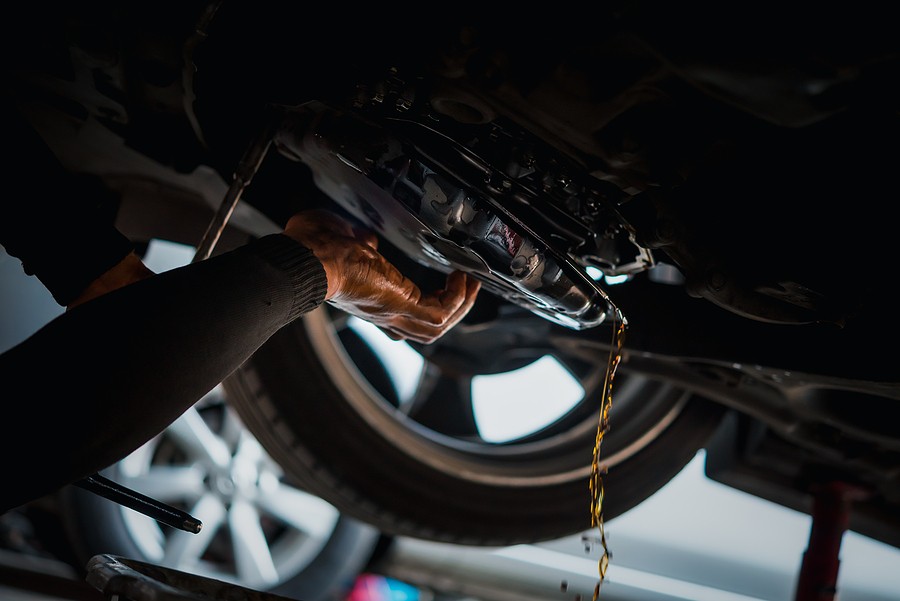
7- Worn transmission gears
In some scenarios, if your transmission approaches the end of its lifetime, it's not rare to deal with situations where the gears are worn out. In that case, your vehicle might find it hard and challenging to sit and stay in place when you put it in reverse.
That's why your mechanic needs to confirm the health of these gears and check whether the transmission has a problem connected to all the gears or it's only something linked to the reverse that you need to check and replace.
8- Damaged reverse band
In some instances, vehicle behavior might be linked to simple small components like the reverse bands, especially when you try to put it on reverse. These bands are expected to wear out over time of use, and when they do, it can be very challenging to get your vehicle to reverse, so you have to replace them as soon as possible.
Your vehicle owner's manual should have advice and recommendations about how often you should check on those, and if you can't find details, you can also talk to your mechanic and see if he needs to replace them before then and before they reach the end of the left time.
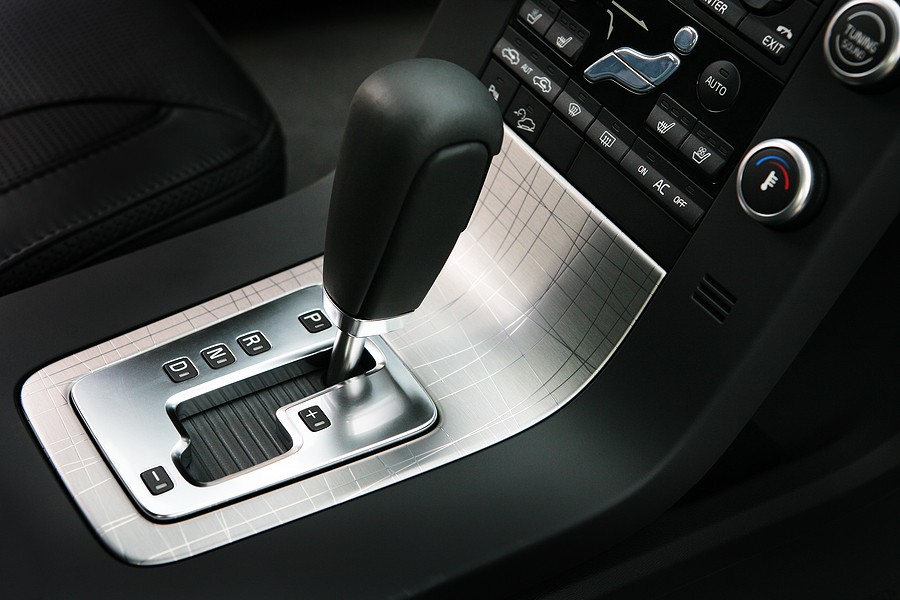
9- Electrical problems
Did you know that some electrical problems can easily impact the behavior of your vehicle, including putting your car in reverse?! Therefore, it is critical that you also check on the electrical connections, especially those connected to the transmission, to confirm that nothing is wrong with them.
Sometimes, the problem can be as simple as a blown fuse that can be replaced cheaply without needing a mechanic. However, you must confirm whether this problem got extended to other components and might need professional help.
10- Internal transmission failure
Finally, if you find it hard to identify why your vehicle is not going into reverse, it could be a major problem in the transmission itself. That's why you have to confirm that the transmission is working in the first place before you even look into detailed problems like the reverse issue.
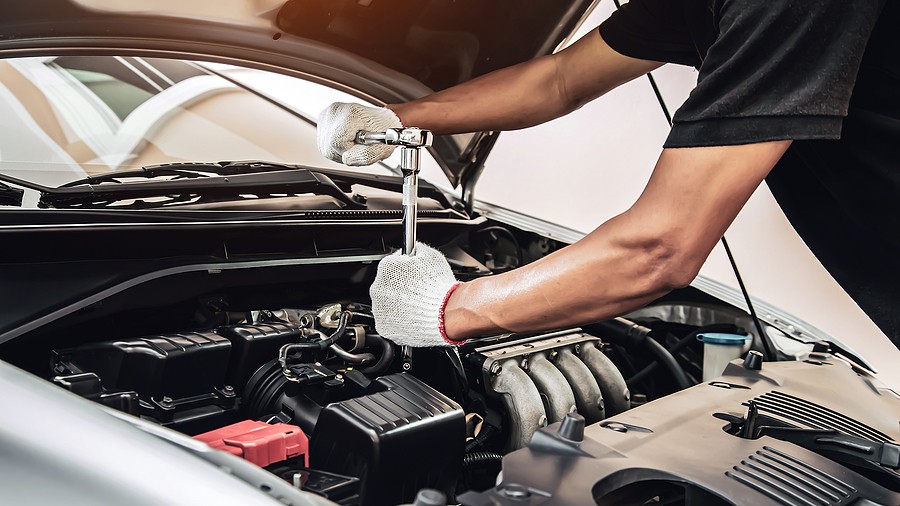
How do you fix car reverse problems?
It can be challenging to tell what exactly can be fixed in your car to resolve the transmission reverse issue. Therefore, your mechanic must identify the faulty component among the ten we mentioned.
Once the faulty component is identified, you can decide whether he can fix it or replace it. Some repair costs can be minor, but all these can be significant and require professional help from experienced mechanics.

How much does it cost to fix my car if it's not going in reverse?
Unfortunately, it's difficult to identify how much you expect to fix your car if it's not going in reverse. The problem can be linked to many components, and repair costs can range from as low as $20 if it's a simple fuse problem in the electric system, but it can go as high as $3000 if the problem is related to major problems in your transmission.
The other thing to remember is that labor costs can be a significant component, especially if you're looking for experienced mechanics with advanced experience in replacing transmission. Experience, in other words. At the same time, you can do it yourself and replace a bad fuse. When it comes to major problems in transmission, you must have the right mechanic do the job so he doesn't introduce problems that might result in further complications.
That's why automotive experts typically recommend doing the right research to identify whether it's the right choice to fix the vehicle or sell it instead. In some instances, repair costs may not be worth it and might not add enough value to your vehicle.
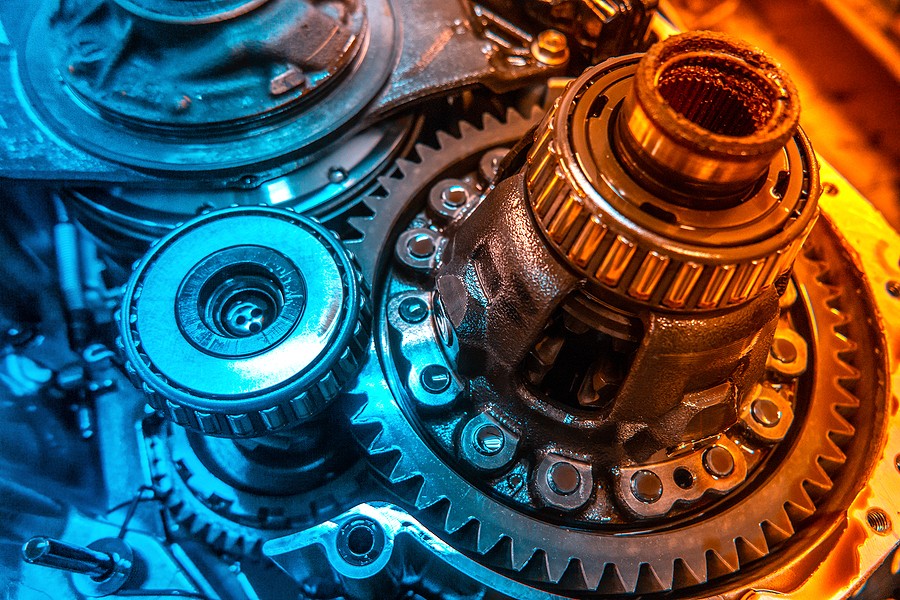
My car is not going in reverse—Final Thoughts.
If your car doesn't go in reverse, it can be a very serious problem, and that might lead to safety issues. Therefore, you have to understand as soon as possible.
This article walked you through ten of the most common reasons why your car does not go in reverse. Once you identify the faulty culprit, you must stop your mechanic and have him Fix it if it's repairable or replace it if needed.
If you're interested in similar posts, we highly encourage you to visit our blog by clicking here.

